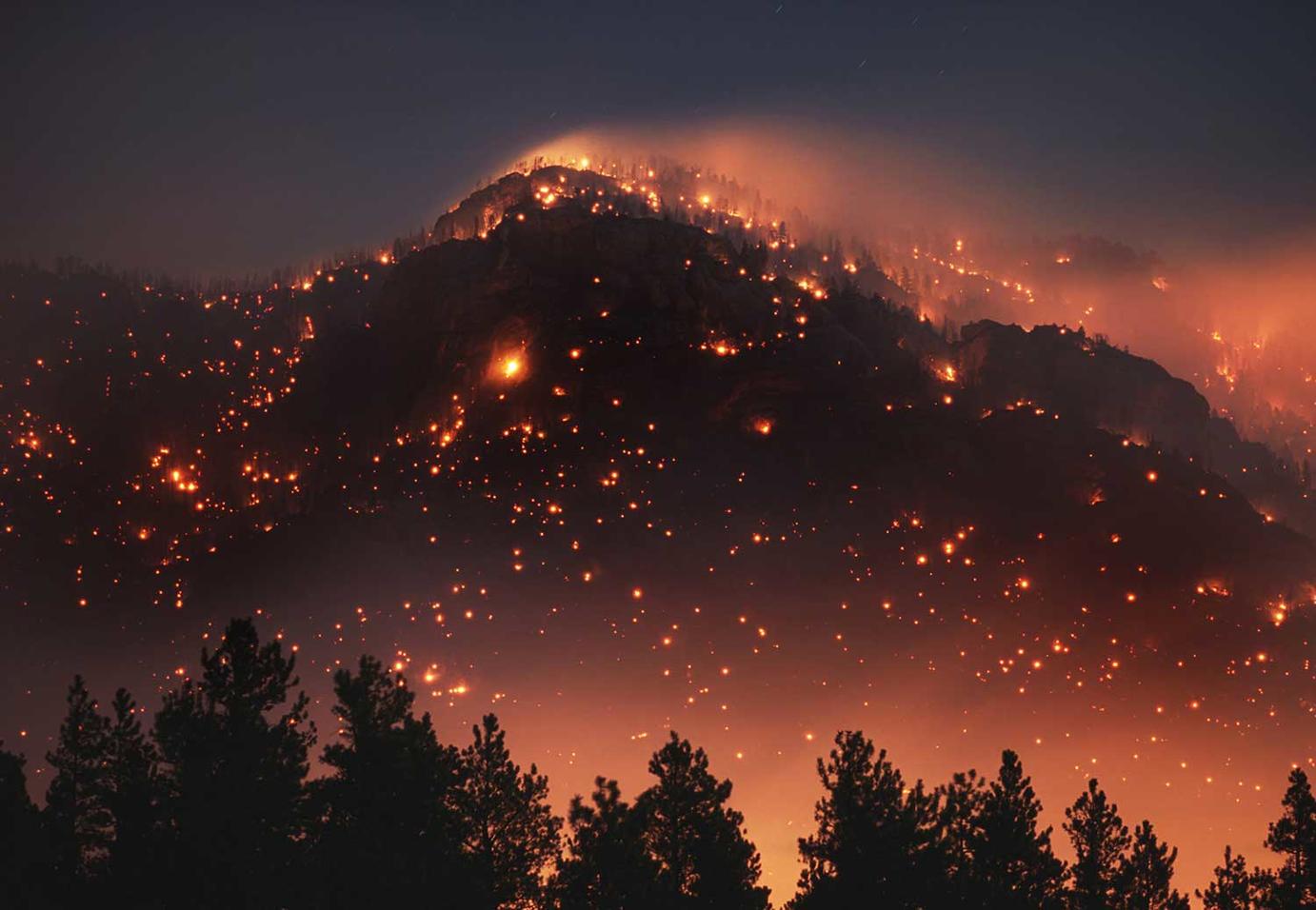For suggested concentration courses, click here.
The intent of this specialization is to create a pathway for students to help develop a more efficient, economic, renewable, and healthier energy future. The production and consumption of energy is essential for life and well-being, yet these processes have caused great damage to terrestrial landscapes, coastal and marine environments, while causing serious, health- damaging pollution of air, water, soils, and foods. Students in this specialization examine these problems and opportunities to substitute cleaner and safer renewable energy sources, including wind, solar, hydro, biofuels, and geothermal sources. Students could also examine energy conserving technologies and behavioral innovation in building design, transit, agriculture, food systems, and industrial processes. Students should build upon a basic understanding of the benefits, risks, damages of diverse energy sources to explore public and private sector policies to speed the transition to renewables.
Concentration topics might include the study of extraction costs; efficiencies of production; need for distribution networks; storage technologies; environmental effects and costs such as air, water, food, and land contamination; species and ecological loss; and potential for damaging health. These damages often fall upon under-represented and disempowered communities living near extraction sites, power plants, distribution lines, transit nodes, and hazardous energy wastes sites.
This concentration may be combined with the Energy Studies Multidisciplinary Academic Program. A preliminary list of courses approved for credit in Energy Studies for the 2021-22 Academic Year can be downloaded from Yale Box Drive at: COURSES.

